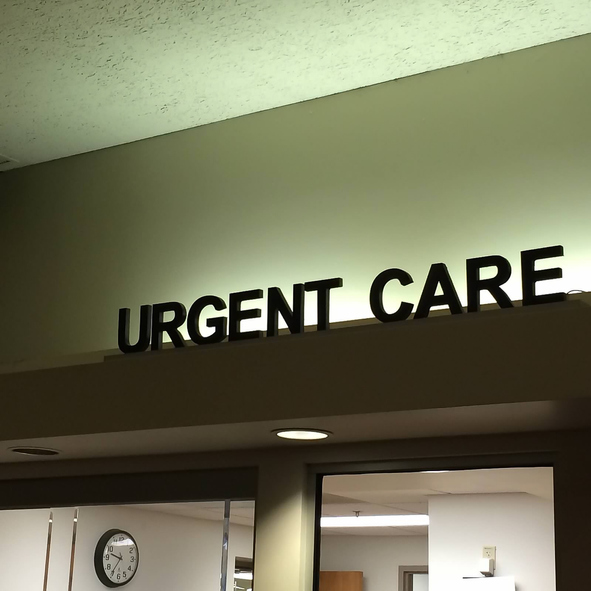
5 Methods for Improving Your Day When Caring for Difficult Patients
On most days nursing is extremely rewarding. At the end of our shift, we feel we’ve done a good job caring for the needs of grateful patients. But occasionally, we encounter patients who test our patience and make it challenging to effectively care for them. So how can we improve the situation when caring for difficult patients?
1. Lend an Ear
No one is at their best when they’re in the hospital, a rehab center, or receiving medical care at home. They may have pain or nausea, or maybe they are still struggling with a change to their ordinary lives as a result of an accident or illness.
Provide them with an opportunity to talk about their situation if they feel comfortable, and make the effort to actively listen. Nurses can get caught up in the endless to-do list on any given day and aren’t always able to take the time to connect adequately with their patients. While listening closely to them, a nurse can learn what a patient’s expectations for recovery are as well as any concerns they may have about their care or prognosis.
2. Body Language Barrier
During a day’s work, our patients are often in a hospital, home bed, or sitting in a chair. When we are talking to them, we’re standing above them, which can make them feel uncomfortable. As often as possible, make the effort to put your body on the same plane as theirs. Avoid crossing your arms over your chest, putting your hands on your hips, or in your pockets, none of which communicates receptiveness and may further agitate someone who is already upset. Face them when speaking to them and modulate your voice appropriate to their hearing ability.
3. Culture Clash
Does your patient have a culture different from your own? Be respectful of any differences and try to learn what you can about their culture. You can learn either through resources available to you or by asking questions, but only if they’re receptive to educating you about their ways.
4. Build a Bridge to the Unknown
Alleviate any concerns they may have about what is unknown to them. Encourage discussion about their health condition, medications, or upcoming procedures. Welcome questions that will allow them to open up. Building a relationship with them can motivate the patient’s own investment in their care and help smooth a rough nurse-patient relationship.
5. Autonomy Can Be Helpful
Many patients express feelings of helplessness in the face of their illness, which can lead to difficult behaviors. Restoring some of their autonomy can go a long way to returning a sense of control within their lives when caring for difficult patients. Allow them control over that which can be allowed: bathing, medication times, meal times, and any other choice that can be accommodated without contradicting their physician’s orders.
Making the extra effort to reach out when caring for difficult patients can often smooth the path to a better nurse-patient relationship.



